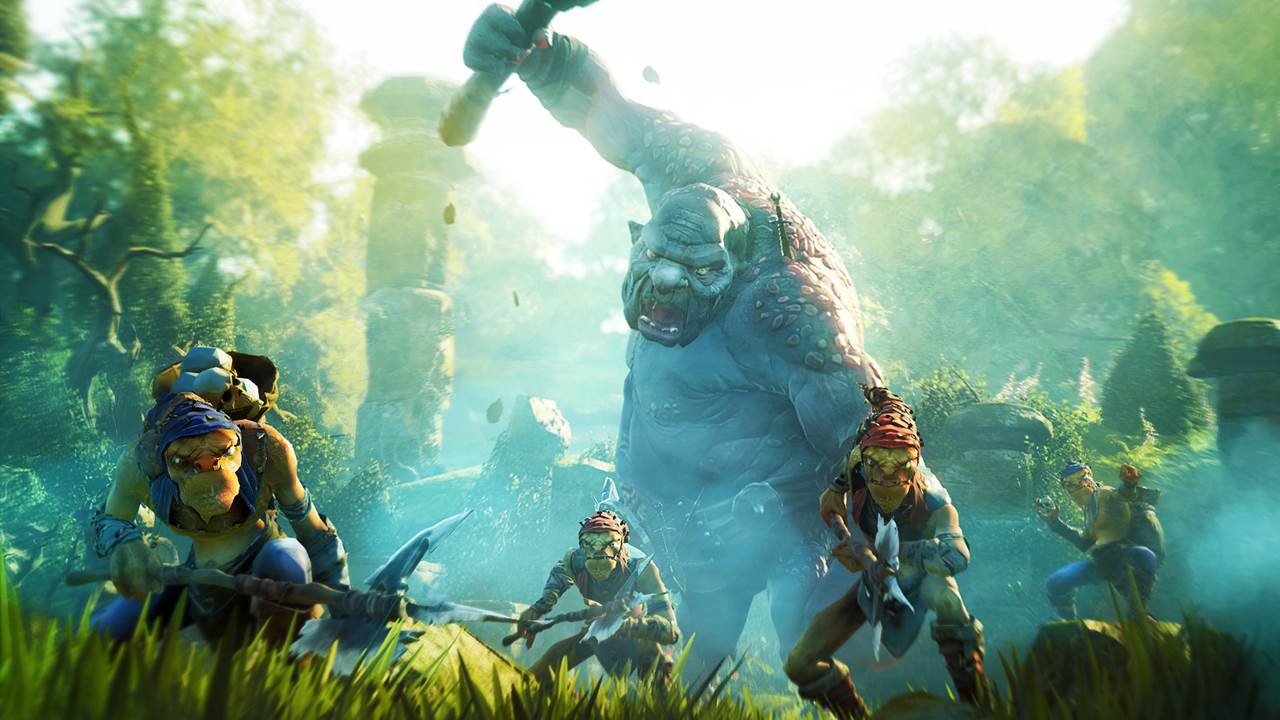The abrupt and unexpected closing of Lionhead Studios earlier this week came as a surprise to everyone. It was the end of a historic studio, and an indication that all may not be well at Xbox and Microsoft Game Studios- after all, why else would they close one of their most high profile studios?
Earlier today, I had a chance to sit down with Michael Pachter of Wedbush Securities. Pachter is a well known analyst, whose frequent and outspoken predictions and views on the gaming industry have made him practically a household name among gaming enthusiasts. I posed this same question to Pachter- does the closure of Lionhead indicate that all is not well at Microsoft’s gaming division? A big core studio being closed like that, after all, surely indicates something is wrong, right?
“A big core studio’ with small games, so,” Pachter began, before I reminded him that Fable is one of Microsoft’s biggest franchises- in fact, Halo/Gears/Forza/Fable is almost satire at this point, due to Microsoft’s overt reliance on those franchises.
“I read somewhere, and this could be wrong, that all the Fable games combined sold only 7 million units- so that’s across three games, combined,” Pachter said. “Fable 1, 2 and 3 only sold 7 million units put together, and that’s not impressive at all. So, the fact is, it was a big, expensive studio, that was unproductive as far as sales go. Certainly, they created good content, well reviewed content, but not big sellers. And so, I think Microsoft made a business decision- this is a profit driven business, so, people are trying to make money. I don’t think Lionhead did a very good job of creating profitable franchises.”
But Lionhead is not the only Microsoft studio with this problem, Pachter said. it is, in fact, something endemic to most of Microsoft’s first party as a whole.
“You could say the same thing about Rare, actually- I think Microsoft’s internal studios have not been particularly productive, with the exception of 343,and Bungie before that. They really, I don’t know, they have Black Tusk, I think it’s called The Coalition now- and I assume that they’ll end up being good, because Rod Fergusson is running the studio, and he managed Gears with Epic too. But, short other really big two franchises – Halo and Gears – they really haven’t done anything else. You know, it’s not like Ori and the Blind Forest is gonna keep Microsoft afloat. I mean, it’s a good game, but it’s not like it’s a giant seller or anything.”
So isn’t this an issue, I asked him- Microsoft’s total failure to build up a stable of first party content and studios even sixteen years into their time in the industry?
“Well, ‘total failure’ is kind of an overstatement, considering Halo has done well. That’s five good games out of Halo. They’ve had a few exclusives that have done well, and I actually think Quantum Break- Quantum Break looks great, and I actually think that game is going to do very well, but… you know,they’ve had Titanfall, it did really well. Third party game, but still. So,you know, they’re okay. I just think…it’s a hard business. It’s hard to make consistent hits,” he said.
Pachter is right, of course- it is a profit driven business, Lionhead was an expensive studio that hadn’t put out a profitable game since at least Fable 2, Microsoft have failed at building a profitable first party on the whole, and it is a difficult business- still, I look at Sony supporting obviously unprofitable ventures like The Last Guardian or Gravity Rush, or Nintendo with The Wonderful 101 or Xenoblade, and I can’t help but draw a contrast here between companies that actually seem to care for the medium and its artistic and expressive potential to an extent, and a company making purely profit driven decisions.
Stay tuned to GamingBolt for our full interview with Michael Pachter.














